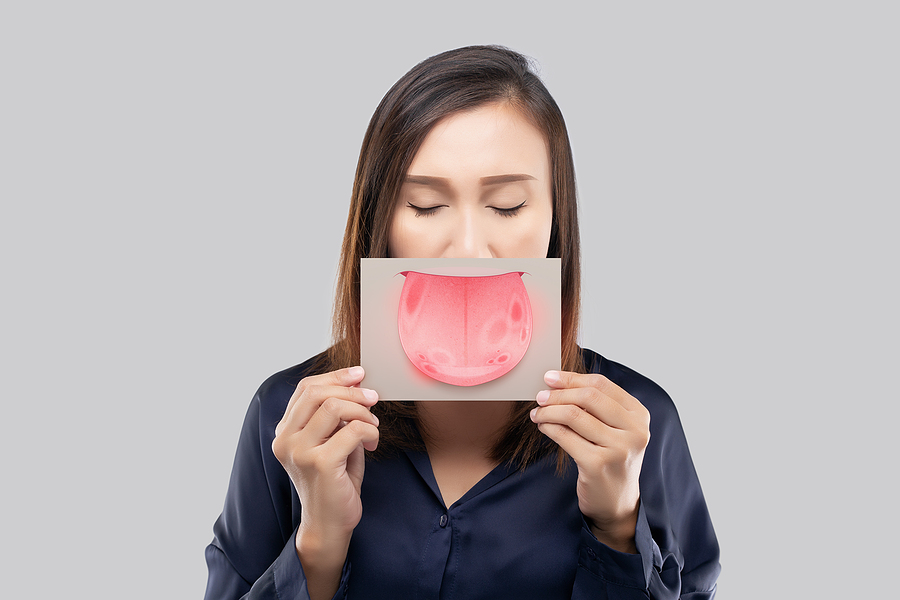Did you know that flossing can remove up to 80 percent of the plaque between your teeth?
You might think flossing is just something your dentist tells you to stay on top of so you don’t get cavities, but the health benefits actually go a lot deeper than that. Today, we’re here to go over the importance of flossing and the potential impact it can have on your life.
If you weren’t convinced about placing it into your daily routine before, you will be after you finish this article. Read on to learn all about the impact flossing can have on your oral health.
The Importance of Flossing
Not only does flossing regularly help remove plaque, but it also helps prevent gingivitis from entering into your bloodstream and reaching other parts of your body. That means avoiding heart disease, diabetes, and a host of other respiratory diseases.
The bacteria that lingers from plaque and buildup can also cause tartar, and, of course, cavities. When you develop tartar, it collects along your gum line, which is when gum disease is developed.
Your tooth’s enamel isn’t something that can be replaced, so it’s important to keep your teeth healthy from the beginning instead of waiting until it’s too late.
It’s also going to help make you more aware of what’s going on inside your mouth, meaning you might develop irritation, redness, swelling, or even the soft spot that a cavity creates if you have one (if you catch cavities early enough, your dentist can take other treatment routes that might help you avoid a filling).
Help Your Gums
We’ve already mentioned gingivitis, which is contracted when plaque and bacteria build up on your gums and cause swelling and bleeding. There are stages to gingivitis, and it can be reversed when caught early. If you notice your gums are bleeding, it might be best to book an appointment with your dentist.
If you’re not already, get on a regular flossing regimen, and remember to take it easy when you’re first starting out. Your gums are eventually going to return to their former health, and you’ll be able to floss normally from that point on.
During that sensitive time, though, it could take up to a week for bleeding to stop, but speaking with your dentist can help a lot since they’ll be able to recommend floss and other dental products that might help.
Should You Floss After Eating?
While there isn’t any scientific data that says flossing after eating comes with a host of benefits, it definitely doesn’t hurt to add it to your afternoon routine. Flossing once a day is helpful, but flossing twice is going to help you maintain the work you’ve done, and it’s going to ensure you don’t allow bacteria to build up throughout the day.
This is especially helpful if you snack on sticky foods like gummies or dried fruit throughout the day. Even things like popcorn or pretzels can leave behind residue, and it’s important to not let that linger in your teeth if you can help it.
Easy to Maintain
When you’re on the go, flossing is easier to maintain than brushing your teeth is. You can quietly slip away to the bathroom and take care of your teeth, then come back to enjoy the rest of your time.
It’s also going to help you prevent bad breath. Whenever food gets trapped between your teeth, it slowly starts to decay. So, if you don’t remove those particles at some point, it can lead to foul-smelling breath.
Also, if you develop cavities or even gum disease, those can also play a role in contributing to bad breath.
What Can Prevent You From Flossing?
There are a lot of things that can cause you to not floss properly, including health conditions and external factors. If this is the case, then you might think that you can’t floss at all, but that’s actually far from the truth. There are specialized products out there for all kinds of teeth and gum conditions.
If you have braces, you can invest in specialized flossers that are meant to stick between your brackets, or you can opt for a specialized string floss that threads through the wire and a spongy component that slides between your teeth.
If you have sensitive gums or you’re teaching a child to floss and they complain about it hurting, then you can opt for a soft floss that slides easily between teeth and doesn’t have the same impact as other flosses. You can also invest in a water pick to clean between your teeth.
With water picks, you can play around with different settings until you find one that works for you. You can also talk with your dentist about what they recommend.
Finally, if you just have trouble flossing with normal string floss, you can opt for handheld flossers, or you can get an electric flosser. Again, you should talk with your dentist about the best options for you.
Ready to Start Flossing Your Teeth?
Now that we’ve gone over the importance of flossing, are you ready to get started? Remember, it might take a bit of trial and error when you’re first starting out the routine. It’s important to give yourself time to learn and to find the floss that works best for you.
If you have more questions or need more in-depth dental care, we’re here to help. You can book an appointment online today and start your journey to happy, healthy teeth.
More Blog Posts
Office Hours
MON - THU8:00 am - 5:00 pm
FRI8:00 am - 2:00 pm
SAT - SUNClosed





